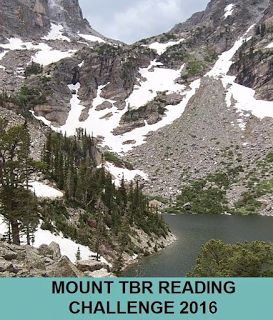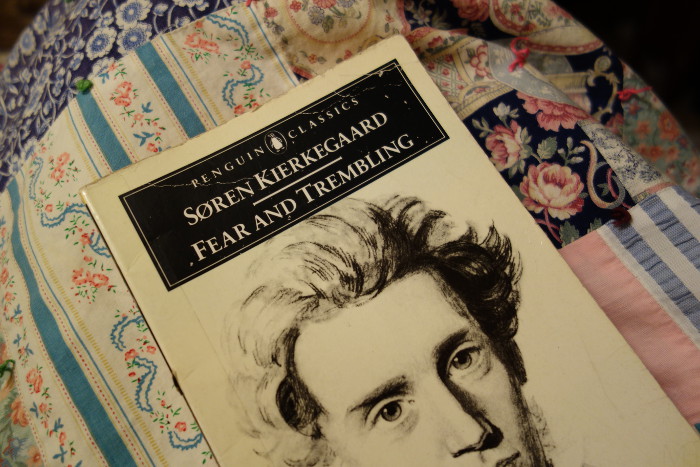The Tragedy of the Korosko - why some lit remains obscure
I'm afraid Sir Arthur Conan Doyle's The Tragedy of the Korosko checks most of the bad boxes on the mainstream reader's list; to name a few: exoticism, imperialism, stereotypical females, and racist language. I had high hopes, based on some reviews I'd read, but even accounting for the mindset of the times wasn't enough to give it more than 3 out of 5 stars on my scale. Doyle covered a pretty vast range of subjects apart from Sherlock Holmes. Some of his other topics include medieval knights ( The White Company ), Napoleonic soldiers ( Brigadier Gerard ), Huguenot emigrants ( The Refugees ), and contemporary horror ( Round the Red Lamp , The Captain of the Polestar , etc). I'd recommend any of those, even if some are dated, simply because they transcend their "datedness" and are good stories even today. I guess that's why Korosko was disappointing - I expected more from Doyle, yet I was under the aching suspicion all the way through that he was









